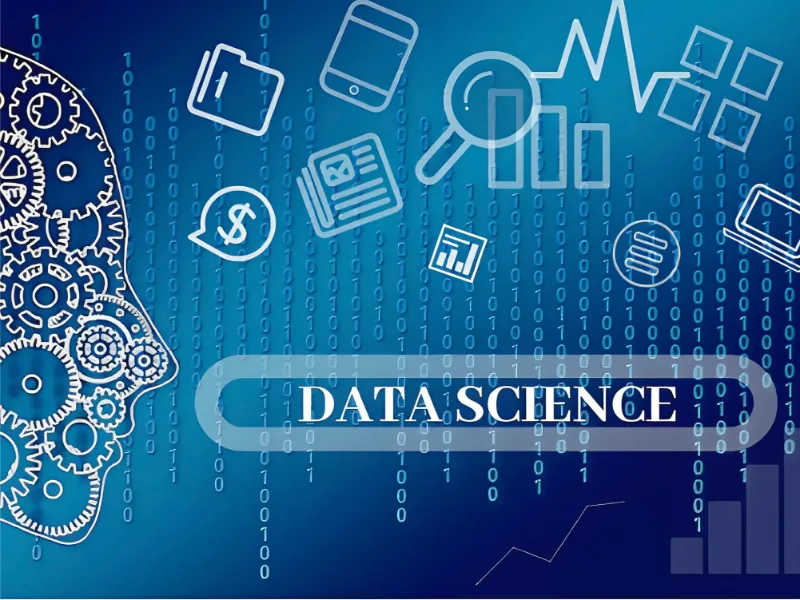- Data science and data engineering are two different fields that play a key role in the data field, with significant differences in methods.
- The combination of these two areas provides enterprises with a more complete and efficient data-driven solution.
Data science and data engineering each play different but complementary roles in the data landscape. Data science focuses on how to derive insights and value from data, while data engineering focuses on how to build and manage data infrastructure to support the practical applications and business needs of data science.
Introduction of data science
Data science is a discipline that utilises data analysis methods and tools to understand and explain phenomena.
Data scientists collect, clean, process, analyse, and visualise data to extract meaningful insights and knowledge from it. They use statistics, machine learning, data mining and other techniques to solve complex problems and make predictions. The work of a data scientist typically includes data collection and cleaning, data analysis and modeling, visualisation and dissemination.
Also read: Data cloud: Definition, examples and working principles
Introduction of data engineering
Data engineering is the engineering discipline responsible for designing, building, and maintaining data architectures, such as data warehouses and data pipelines, to support data analytics and business requirements.
Data engineers focus on data architecture design, data pipeline development, data governance and security, and system integration and optimisation. The role of a data engineer is to ensure that data flows smoothly and efficiently, and to provide a reliable data infrastructure to support the work of data scientists and business teams.
Also read: Protecting your data in the digital age: The most pressing cybersecurity threats
Difference between data science and data engineering
1. Goals and focus: Data science focuses on extracting knowledge and insights from data to solve complex business problems and make predictions. Data engineering is concerned with building and maintaining a data infrastructure that ensures effective management, storage, and access to data.
2. Techniques and methods: Data science focuses on data analysis, statistical modeling, and the application of machine learning algorithms to discover patterns and laws behind data. Data engineering focuses on big data processing, data process management, and system integration to ensure the efficient flow and reliability of data.
3. Responsibilities and roles: Data scientists are typically experts in data analysis and modeling, focusing on how to best use data to solve problems. Data engineers are builders and maintainers of data infrastructure, responsible for the design and optimisation of data pipelines.
4. Results and applications: The results of data science are often data-driven insights, predictive models, and decision support. The result of data engineering is an efficient and reliable data infrastructure that supports the data needs and operations of the entire organisation.

